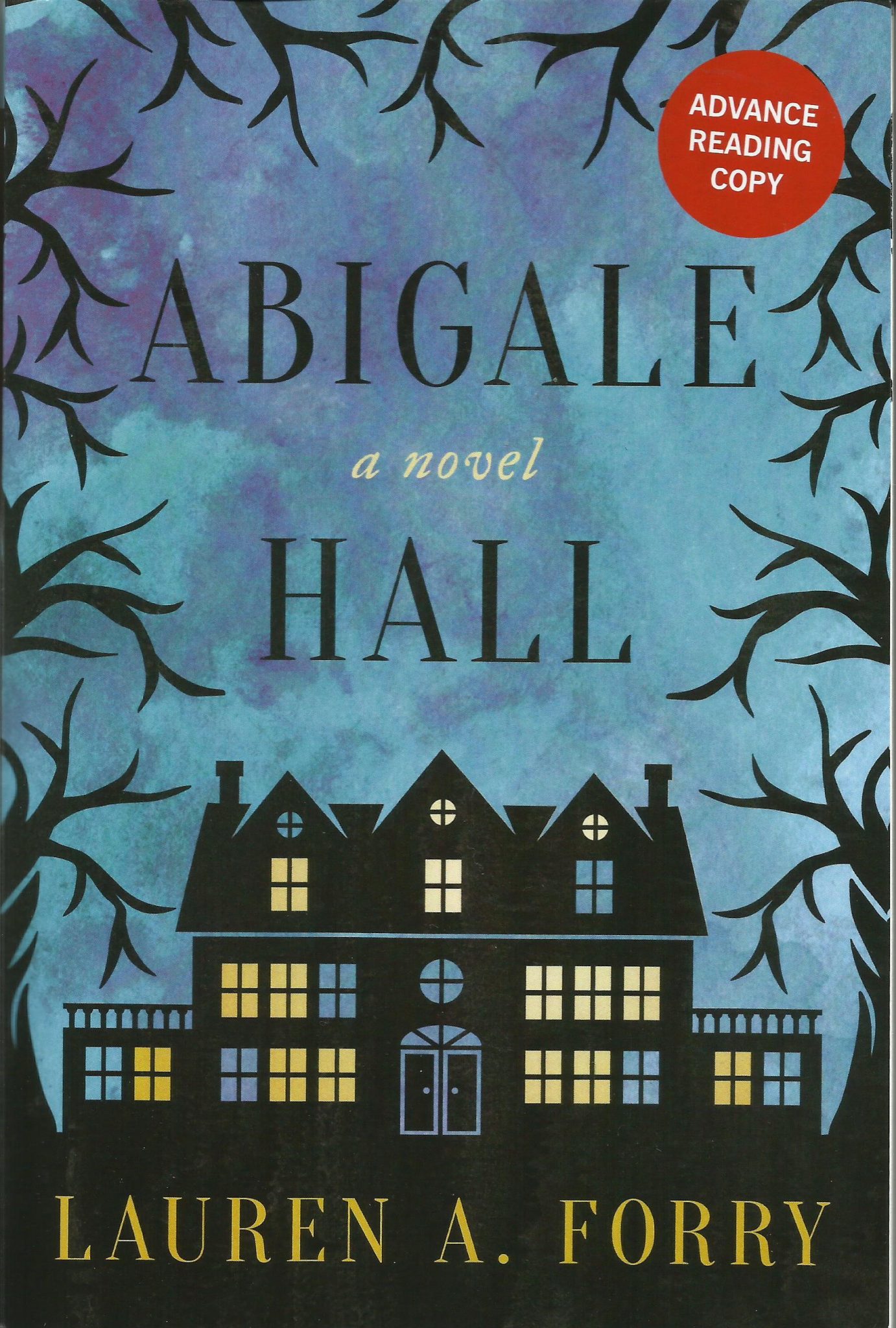Abigale Hall
Lauren A. Forry
Skyhorse Publishing, Inc.
April 2017
Reviewed by William Grabowski
I had thought it not possible for any contemporary writer to be able to retrieve the feelings of gloom and dread encountered in such iconic novels as du Maurier’s Rebecca, Brontë’s Wuthering Heights, and even the more jagged side of Shirley Jackson.
Lauren A. Forry, whose work is new to me, takes the gothic—and neo-gothic—sensibility common to these authors and folds in a harsher, yet equally atmospheric, texture. Everything you would expect to find in a “textbook” story of this type is found in Abigale Hall, but rendered by the author’s knowledgeability and talent far more anguished and menacing.
Sisters Eliza and Rebecca inhabit a pitiless London life of work punctuated by minimal leisure. Air-raid damage lingering through 1947 mirrors uncertainty and torment haunting the girls’ inner landscapes. Home life is dismal, but the author’s historical realism makes clear that practically anyone who survived the German’s repeated bombings sustained some degree of trauma, and without benefit of support groups professional or otherwise. Inner damage either was compartmentalized or manifested in PTSD symptoms, i.e. “shell shock.” Death relentlessly stalks Eliza and Rebecca, resulting in the two being relocated to the titular Abigale Hall, a mansion in remote Wales.
The shift in location—and the journey there—tightens the sisters’ relationship, but escalates their chronic alienation. With few exceptions, and beginning in London, they are daily confronted by people seeking to exploit them. The reader is spared nothing, and bears witness to hardship and dread we fear will not be relieved by anyone residing and/or laboring in Abigale Hall—particularly mysterious employer Mr. Brownawell, and Mrs. Pollard (compared to whose icy demeanor, Peter Straub’s Eva Galli is warm and giggly). Eliza and Rebecca immediately are given the drill: “Nosy children are severely disciplined in this house.”
Rebecca’s neurotic counting out of numbers (acquired after witnessing a catastrophic horror revealed later in the story) worsens, and she even is tasked with assisting housekeeper Mrs. Pollard with preparing freshly slaughtered lamb. “Employment” becomes more affliction than opportunity, and day by day the sisters encounter artifacts suggesting the already sinister mansion is but a facade covering an apparently bloody history menacing the present. Supernatural phenomena might—or might not—be active, but external reality is eroding along with Rebecca’s personality. Here is where this remarkable novel takes the sum of its unknowns, and subverts any readerly expectations.
My tastes are fairly rarefied, and what I most enjoy in a darkly flavored novel is a mix of deep wonder, texture, complicated players, and a sense of unease that never is relieved—even at the end.
Unless I misperceived something (always a possibility), Forry has taken themes of abandonment, tragedy, trust, the destructive power of secrecy, and dramatized the oppressive potentials of culture and society as they existed in post-World War Two Britain. In truth, though, that’s like saying whatever happened within the asymmetrical angles of The Haunting of Hill House was merely the product of a fantasy-prone narcissist projecting infinite loss and terror into empty space—and scaring hell out of everyone. To quote Aldous Huxley: “There are things known and there are things unknown, and in between are the doors of perception.”
With Abigale Hall, Lauren A. Forry shows us that even the most seemingly innocent people—for good or ill—can be keys.









